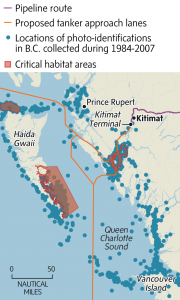Naked Juice (owned by PepsiCo) has agreed to remove the “All Natural” label from their juice containers and advertisements in the aftermath of a recent class action lawsuit. The juice was found to contain several artificial ingredients, GMOs, and even an ingredient synthetically produced from formaldehyde.
Possibly even more disturbing than Naked’s deceptive advertising is that the lawyers representing the plaintiffs in the settlement agreed that they would not freely communicate with the press.
From the LiveingMaxWell.com blog post:
If lawyers who are supposed to represent the interests of the class action group cannot freely talk to the press about the settlement and cannot have complete freedom to spread information about how consumers can make a claim to the $9 million dollars, it begs the question: whose interests are the plaintiffs’ lawyers truly representing?

Recent Comments